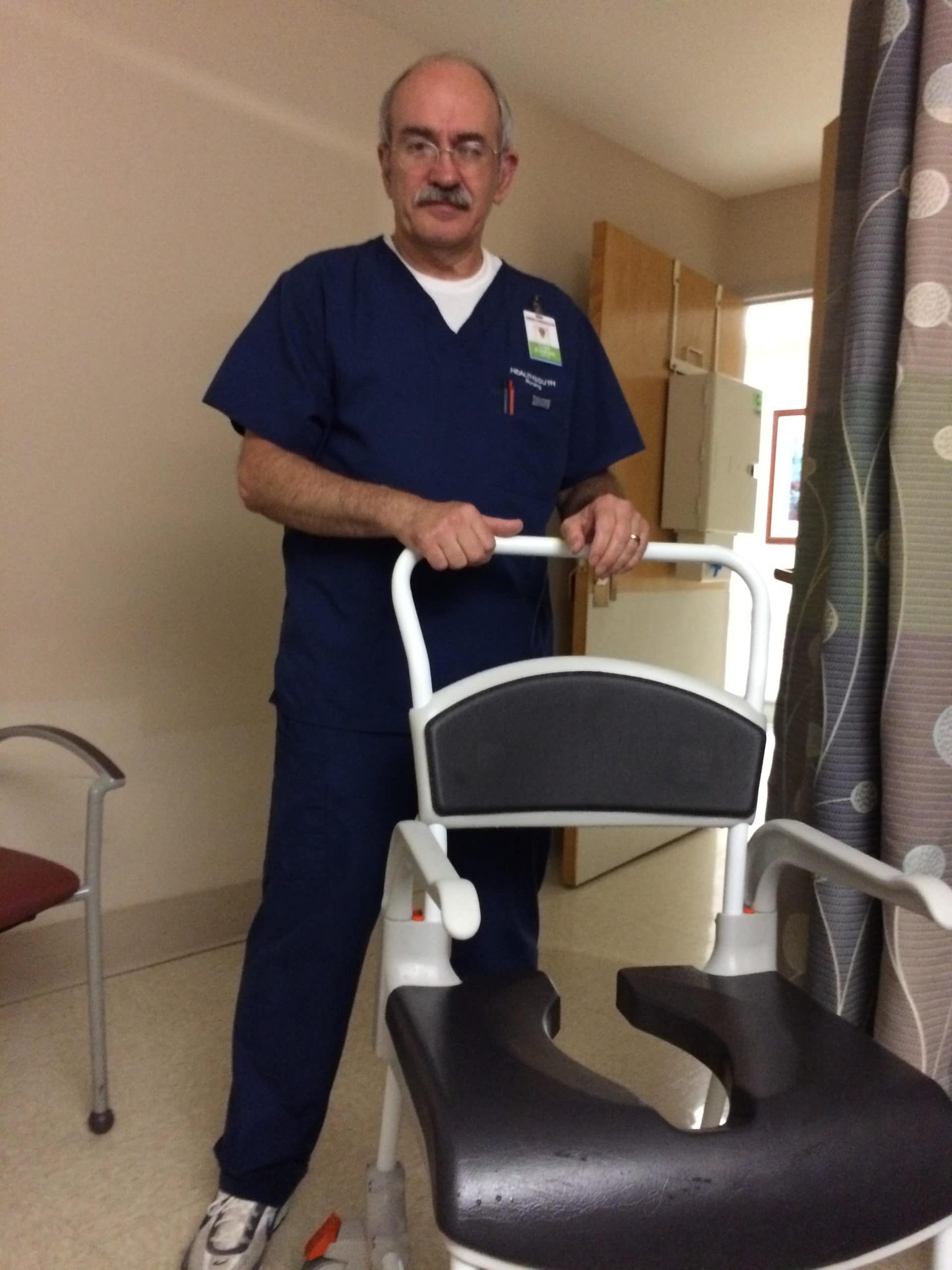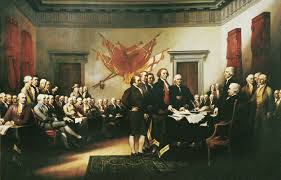Before January, I published mottoes regularly. Now, I return with explanations. Expect abrupt transitions. ++++ From “Out on the Rim” by Ross Thomas The pretender to the Emperor’s throne [1] stood in the innermost sanctum of the deposed ruler’s palace [2] and listened, beaming with pride, as the younger of his ten-year-old twin daughters finished […]
Mottoes
“Two cultures” motto Friday, November 6, 2015
“There have been plenty of days when I have spent the working hours with scientists and then gone off at night with some literary colleagues. I mean that literally. I have had, of course, intimate friends among both scientists and writers. It was through moving regularly from one to the other and back again that […]
Motto October 24–November 6, 2015
Years ago I said to myself: “There’s no such thing as old age, there is only sorrow.” I have learned with the passing of time that this, though true, is not the whole truth. The other producer of old age is habit: the deathly process of doing the same thing in the same way at […]
Motto August 21, 2015
The figure made a movement. “Keep away!” cried Gilberte. Keep away!” She offered the burglar all the money and jewels she had on the table if he would consent not to stir. Amid her surprise and terror the idea assailed her that her husband, dissembling his suspicions, had posted witnesses, and had had recourse […]
Motto August 19, 2015
Polar exploration is at once the cleanest and most isolated way of having a bad time which has been devised. It is the only form of adventure in which you put on your clothes at Michaelmas (1) and keep them on until Christmas, and, save for a layer of the natural grease of the body, find […]
Comprehensive August 2015 motto
++++ “When a man is a wanderer and stranger, he should not be gruff nor overbearing. He has no large circle of acquaintances, therefore he should not give himself airs. He must be cautious and reserved; in this way he protects himself from evil. If he is obliging toward others, he wins success. “A […]
July 17, 2015 Motto
Everyone probably knows about depressive moods from personal experience since they may be expressed as well as hidden by…suffering. It is easy to notice , if we pay attention, that they hit almost with regularity–whenever we suppress an impulse or an unwanted emotion. Then, suddenly, a depressive mood will stifle all spontaneity. If an adult, […]
July 2015 Motto
“You are standing, Mr. Trist, beneath the worst executed painting in the nation, Not to mention the least accurate.” Henry Adams voice cut easily through the clamor of the lobby. He pointed his furled umbrella up toward the gilt-framed painting that hung just above their heads. “The Signing of the Declaration of Independence,” he read. […]







